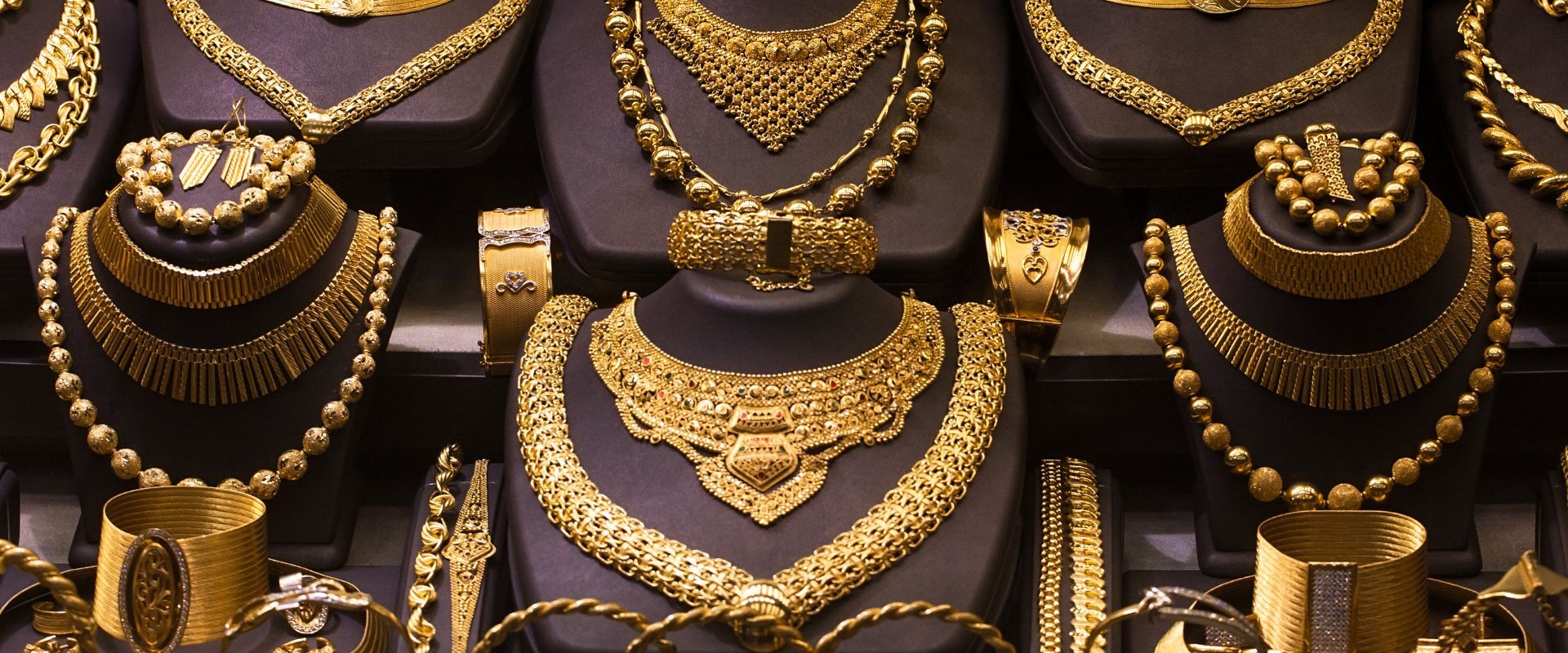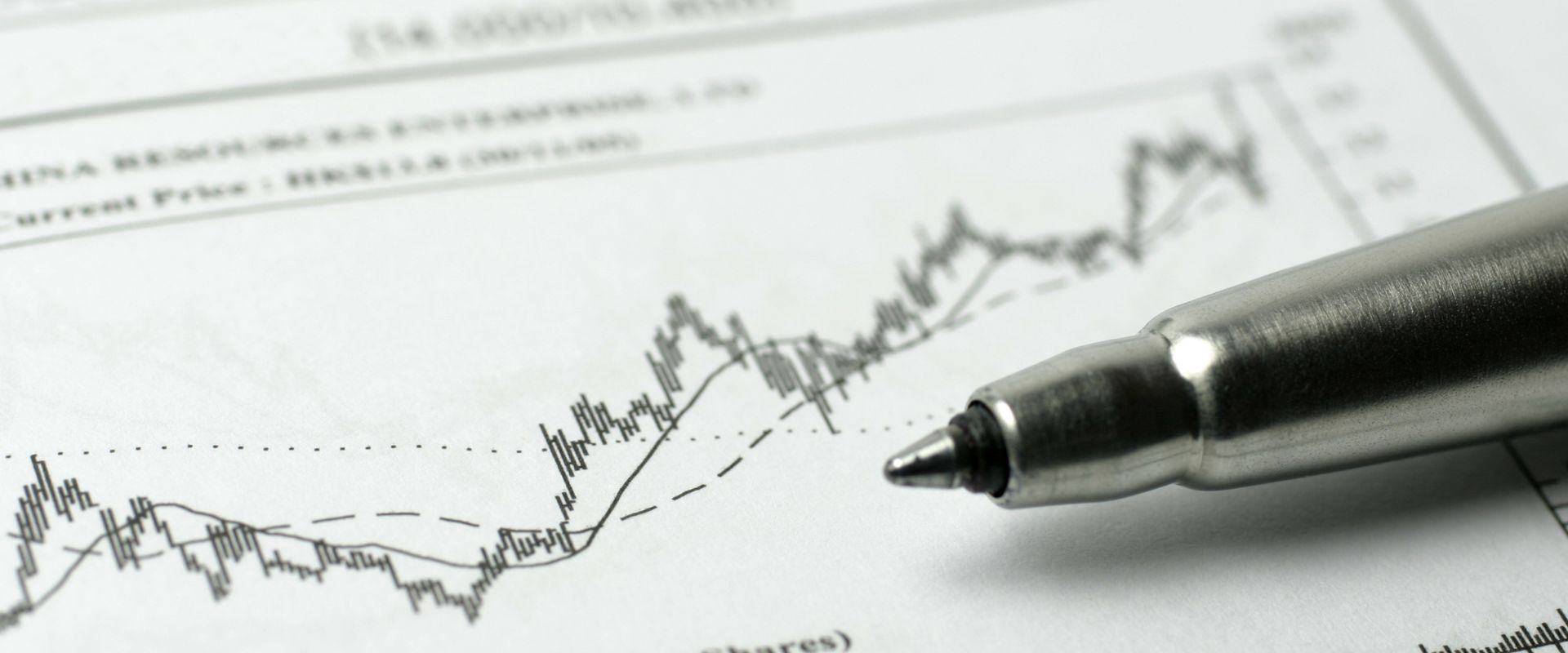As the conflicts in Gaza continue to worsen, prices for gold continue to rise. Local gold prices in Egypt have increased by over 12% since the Hamas attack on Israel on October 7, just about two weeks ago. The tensions in the Middle East have spiked safe-haven buying, offering increased demand for the yellow precious metal.
“The key reason behind the recent jumps in gold prices is the Palestinian-Israeli conflict, which caused feelings of uncertainty in global markets, leading gold to approach $2,000 per ounce,” Fady Kamel, the CEO of Dahab Masr, an investment group, explained to Ahram Online in an interview.
The purchase price for 24-karat gold increased from around EGP 2,482 per gram on October 7 when the first attacks occurred to around EGP 2,790.38 per gram on October 22, reflecting a 12.42% increase. Egypt is experiencing a more rapid spike in gold prices compared to international levels, likely because of its proximity to the conflicts and devaluation concerns.
On a global scale, international gold prices have increased by around 8% when looking at the same period. On Friday, spot gold hit its highest price point since July 20, reaching $1,973.99 per ounce, while gold futures increased to $1,994.40 per ounce, just below the psychological $2,000-per-ounce line. Such prices reflect two weeks of consecutive increases and a three-month high for the precious metal amid the rising tensions.
Both Egypt’s local market and the global gold market are on the rise as investors flock toward the commodity to protect their savings from the worst-case scenario. With more nations getting involved in the Palestinian-Israeli conflict, more traders fear that a major, widespread war could break out at any moment.
“The local market has mirrored movement in the global market. However, the market has become more price adaptive and will avoid repeating the instability followed the eruption of the Ukrainian-Russian war last year,” Kamel explained.
Kamel is noting the major soar in local prices that occurred earlier this year following the Russian-Ukraine conflict when the price for 24-karat gold surged past EGP 3,000 per gram. A combination of factors triggered this spike in gold performance, though, including fears of currency devaluation and safe-haven buying, offering the perfect environment for gold to succeed.
Whether the same instability will occur with the current Palestinian-Israeli conflict in Egypt’s local gold market is highly unclear. How gold performs will likely depend on how the war plays out and the level of gold that remains in the country. Earlier this year, the demand rates spiked so much because of limited supply.
To restrict the market and prevent a similar situation from occurring again, Egypt’s government approved a draft decree in May of this year that exempts travelers carrying gold from needing to pay customs duties and other fees (except for value-added tax). Essentially, the decree offers some incentive for travelers to move more gold through the country. The action will remain in effect for six months.
The initiative should end in November, though it has already brought around 1.5 more tons of gold into Egypt, resolving some of the low supply issues the nation faced earlier this year. Because of the increased supply Egypt now has, the nation should not face the same surge in prices with the current conflicts, though the initiative’s end in November could spark more fear-buying. Traders may see the end of the initiative as a cut-off to the supply, essentially increasing demand rates again.
Due to these factors, Kamel believes the price of local gold in Egypt is still on the rise. Kamel forecasts 24-karat gold to reach EGP 2,800 per gram relatively soon. Considering how Egypt’s local prices mirror international performance rates, this forecast also means that global prices may spike in the short term as well.
Much of this forecast is likely due to the predicted scenarios in Gaza. The conflict continues to worsen day by day, which means gold can maintain its safe-haven status until situations settle.
“All the indications are that the worst is coming,” Ayman Safadi, the foreign minister of Jordan, explained.
With this being said, Kamel thinks traders still must tread lightly with their portfolio moves as gold is not meant to be a day-trading asset. “Investors should also avoid speculation when trading gold, as the yellow metal is a long-term investment to hedge against the devaluation of liquidity,” Kamel explained.
As always, investors should consult their financial advisors before making any portfolio moves.








